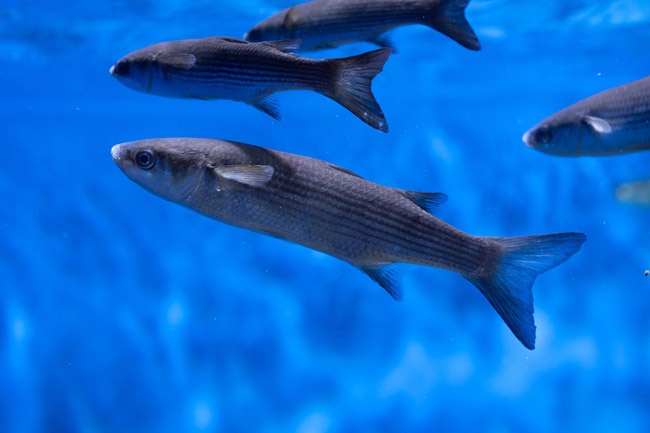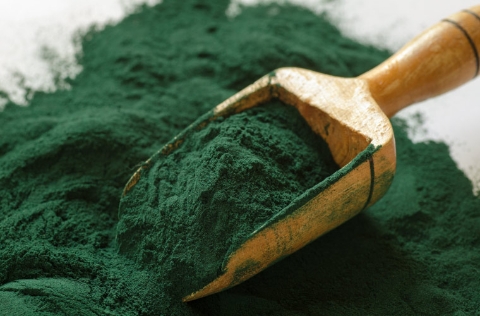
Researchers from the Aquaculture Research Group (IU-ECOAQUA) at the University of Las Palmas de Gran Canaria have conducted a study analyzing how salinity affects the ability of mullet (Chelon labrosus), a marine species that tolerates various levels of salinity, to convert the fatty acids present in linseed oil into omega-3 fatty acids.
This hypothesis is based on previous findings that demonstrated the feasibility of completely replacing fish oil in the diet of this fish with linseed oil.
For the study, three different salinity levels were proposed: 16 ppt, considered low; 35 ppt, considered medium; and 46 ppt, considered high.
The results, published in the journal Aquaculture, show how salinity affects the ability of mullet to convert these essential fatty acids necessary for their development and health. Additionally, linseed oil allowed the fish to maintain growth and fatty acid composition similar to those fed with feeds containing fish oil, especially when reared in low salinity conditions at 16 ppt.
This discovery not only ensures good production performance with more cost-effective fish oil-free feeds but also demonstrates the species' ability to synthesize these essential compounds from plant-based precursors.
This advancement opens the door to new strategies in aquaculture feed formulation, with the potential to make the industry more environmentally friendly and economically viable.


